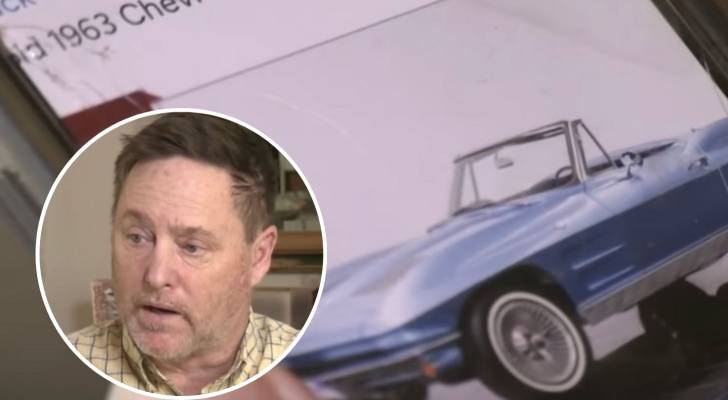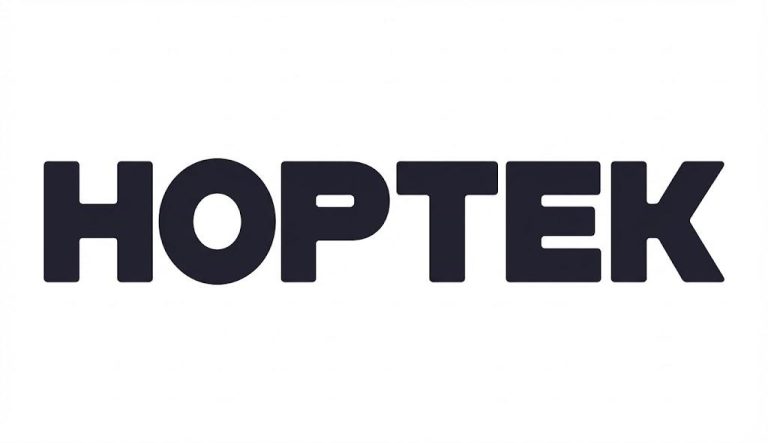
An East Tennessee man’s dream of owning a classic 1963 Corvette turned into a $26,000 disaster after falling victim to a sophisticated Facebook Marketplace scam.
The victim, Jim Maidens, a disabled former registered nurse and car enthusiast, wanted the true classic so much he was willing to pay the price, sight unseen.
Trending Now
- Thanks to Jeff Bezos, you can now become a landlord for as little as $100 — and no, you don’t have to deal with tenants or fix freezers. Here’s how
- I’m 49 years old and have nothing saved for retirement — what should I do? Don’t panic. Here are 6 of the easiest ways you can catch up (and fast)
- Dave Ramsey warns nearly 50% of Americans are making 1 big Social Security mistake — here’s what it is and 3 simple steps to fix it ASAP
“He said it was in excellent shape,” Maidens told reporters. “I asked him if he had driven it? He said, ‘Yes, he did drive it, and it drove perfect. ’”
But what he didn’t realize was that there was no car to pick up, and his money had vanished.
Now, he’s sounding the alarm on a tried-and-true Facebook Marketplace scam that continues to fleece unsuspecting buyers out of money. Here’s what you need to know to stay safe.
The fantasy car that turned out to be pure fiction
Maidens knows about Corvettes — he owns several, all purchased locally.
So when he found some used models on sale on Facebook, his interest was quickly piqued.
“Well, on this page, there are three or four Corvettes. A 1969 for $38,000. There’s a ’73 for $11,800,” he said.
And when he spotted what appeared to be an incredible deal — a vintage Corvette priced at just $26,000 with a $750 delivery fee — he believed he’d hit the jackpot.
Fearing another buyer might snatch up the deal, Maidens wired the full amount without seeing the vehicle in person. The seller provided seemingly legitimate paperwork, including a bill of sale with VIN number and electronic signature.
“He called me, as I remember, and said that he had gotten the wire and that the car would be loaded on the weekend and would be here on Monday,” said Maidens. “The car never showed up. I tried to reach him, and I’m blocked.”
“$26,750 bucks,” he said. “Boom, gone. Once I was blocked from communicating with him, then I knew it was all over.”
Read more: Here are 5 ‘must have’ items that Americans (almost) always overpay for — and very quickly regret. How many are hurting you?
How to spot a fraudulent Facebook Marketplace listing
When Maidens finally contacted authorities, a deputy managed to reach the scammer by phone, but the trail immediately went cold.
“As soon as he knew he was a police officer, he hung up and blocked him,” said Maidens.
Maiden fell victim to what’s known as an advanced payment scam, which involves a seller requesting payment up front for an item they never intend to deliver. These scams are especially common on listings for big-ticket items like vehicles or rentals.
The warning signs?
- Drastically underpriced vehicles
- The seller profile features multiple suspiciously cheap listings
- Generic descriptions are reused across multiple listings by the same seller
- The seller requests switching all communication to email
- Claims of being abroad with offers to deliver for a "refundable deposit"
- Mentions of working with transport companies (when selling cars)
- The seller uses stolen company details from small dealers or logistics firms
- The listing photos are stolen from genuine Autotrader or eBay listings
Fortunately, there are steps you can take to go after the fraudulent seller to get your money back:
- Contact the seller directly first. Many marketplace issues can be resolved through direct communication with the seller before escalating.
- Document all evidence. Take screenshots of conversations, listings, transactions, and receipts, as this documentation is critical for reporting.
- Report the scam to Facebook. If the seller won’t cooperate, use Facebook’s reporting system by finding the listing. On Facebook, go to "Options" → "Report Listing" → "Scam" to alert moderators.
- Contact your payment provider. Immediately dispute charges with your bank, credit card company, or PayPal, which typically offer buyer protection programs for unauthorized or fraudulent transactions. Failing that, you can perform a chargeback if you used a credit card.
- Report to the authorities. File complaints with the FTC (ReportFraud.ftc.gov), IC3 (www.ic3.gov), and local law enforcement to create an official record of the fraud.
Facebook does provide purchase protection for some items bought through Facebook Marketplace. This free security protection applies if:
- You didn’t receive your order.
- The product arrived damaged or different from the description in the listing.
- The seller didn’t follow their stated refund policy.
- The purchase was unauthorized.
- The seller has been removed from Facebook.
Sounds great, right? Unfortunately, purchasers like Maidens are exempt. Facebook Purchase Protection does not cover orders over $2,000, services, or vehicles.
As for Maidens’ advice, looking back? “Don’t buy anything without having it physically present,” he told reporters.
What to read next
- Robert Kiyosaki warns of a ‘Greater Depression’ coming to the US — with millions of Americans going poor. But he says these 2 ‘easy-money’ assets will bring in ‘great wealth’. How to get in now
- The ultrarich monopoly on prime US real estate is over — use these 5 golden keys to unlock passive rental income now (with as little as $10)
- This tiny hot Costco item has skyrocketed 74% in price in under 2 years — but now the retail giant is restricting purchase. Here’s how to buy the coveted asset in bulk
- Want an extra $1,300,000 when you retire? Dave Ramsey says this 7-step plan ‘works every single time’ to kill debt, get rich in America — and that ‘anyone’ can do it
Stay in the know. Join 200,000+ readers and get the best of Moneywise sent straight to your inbox every week for free. Subscribe now.
This article provides information only and should not be construed as advice. It is provided without warranty of any kind.


